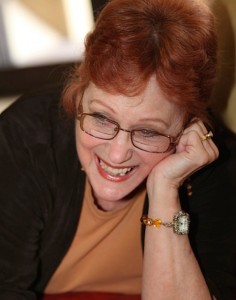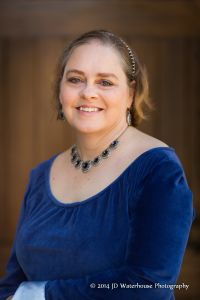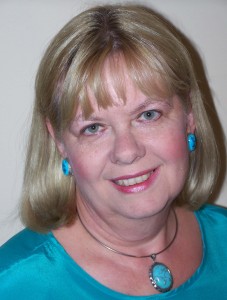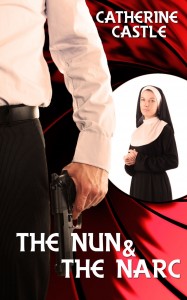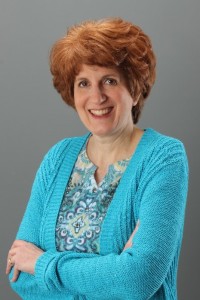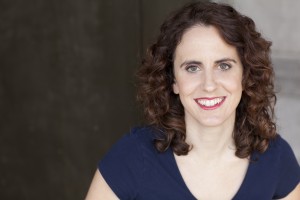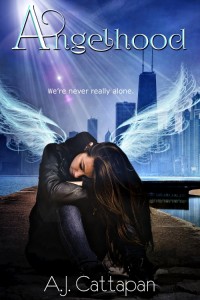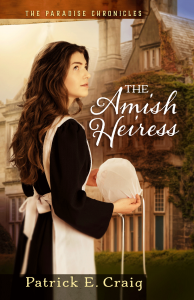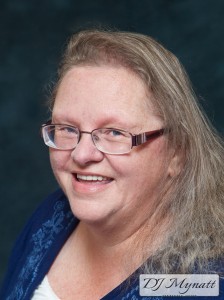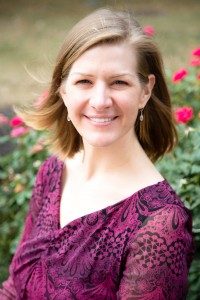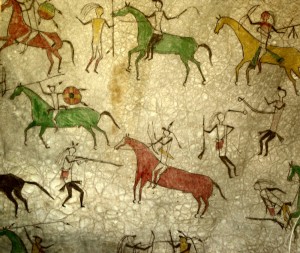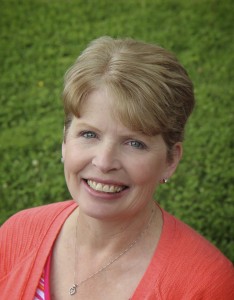 God invited you on this writing journey with Him, so even when discouragement hits—and it will—don’t give up. God kept the publishing door shut to me for many years. I first went to committee back in 2006. I didn’t get a contract, but I got an agent out of that trip.
God invited you on this writing journey with Him, so even when discouragement hits—and it will—don’t give up. God kept the publishing door shut to me for many years. I first went to committee back in 2006. I didn’t get a contract, but I got an agent out of that trip.
I went ahead and wrote another book. The following year, my first manuscript found its way to committee again. Then the second one did. I was getting a lot of affirmation, but no contract. Then, the second book went to pub board. Then the editor retired and her hard drive got wiped clean. The one with my book on it.
Are you seeing a pattern? I was. And it told me God was telling me, “Not now. Not here.” So, I kept on writing. And writing. I had 5 completed, publishable novels by the time I finally got published.
So, if you’re languishing in that land of “Not Yet”, don’t get discouraged. Instead …
- Start a new manuscript. Shelve the one that has you tied up in knots. That’s not a good way to write anyway. Rope burns aren’t pretty.
- Write a blog post. Whine and kick cabinets, then pull up your big kid panties and get back to work.
- Plant a garden. Plant one for me too. Digging in the dirt makes me really appreciate my clean keyboard.
- Search on Novel Rocket for author interviews. We have a listing of all the interviews over the past 10 years. See how their journey went. You’ll find you’re not alone.
- Try a new genre. If you write women’s fiction, try suspenseful women’s fiction.
- Knit a scarf. If you’re going to quit, at least find something for your poor fingers to do. Otherwise, they’ll be air typing all the time and you’ll look even crazier than you do now.
- Write a short story. Ahh, now here’s a piece of good advice. Short stories are a great place to tweak your voice, try writing first person, change genre (see above).
- Hang out with uplifting people. They don’t pull you down.
- Start a photography journal. A picture is worth a thousand lectures.
- Send an encouraging email to another writer who’s discouraged. Then read what you wrote. Yeah. You really do know what to do.
And should your discouragement be from writers block, I’ve got good news for you. Really. You see, I’ve found from my age-gained wisdom (and yes, there’s one advantage of growing old) if you simply plant your backside in that chair and start to type, you’ll find inspiration.
One writer shared what she wrote in a spot of blockage: “What am I doing? This is absolute drivel, complete piles of steaming manure. But at least I have words on the page. Now, how did that pile of manure get there? And whose manure is it? ” She went on to say that eventually, the words began to take on meaning. Her characters took over again. They made her delete the drivel and write their story.
Whatever has you discouraged, look to the One Who invited you on this journey. He’s just waiting to inspire you again!
Thank you for sharing with us today, Ane!
Ane has been gracious enough to offer a giveaway for either the Chapel Springs Cookbook or ebook of Chapel Springs Survival. Leave a comment to enter!
Ane Mulligan writes Southern-fried fiction served with a tall, sweet iced tea. She firmly believes coffee and chocolate are two of the four major food groups. Novelist and playwright, Ane is the executive director of Players Guild@Sugar Hill, a new community theater and president of the award-winning literary site, Novel Rocket. She resides in Sugar Hill, GA, with her artist husband and a dog of Biblical proportion. You can find Ane at her website, Novel Rocket, Facebook, Twitter, Pinterest, and Google+
Chapel Springs Survival
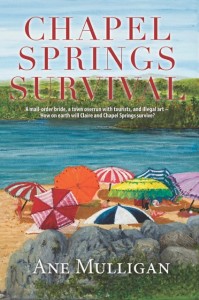 A mail-order bride, a town overrun with tourists, and illegal art.
A mail-order bride, a town overrun with tourists, and illegal art.
How on earth will Claire and Chapel Springs survive?
Claire Bennett’s Operation Marriage Revival succeeded and life is good. That is until the mayor’s brother blabs a secret: Claire’s nineteen-year-old son has married a Brazilian mail order bride. When Claire tries to welcome her, she’s ridiculed, rebuffed, and rejected. Loving this girl is like hugging a prickly cactus.
Lydia Smith is happily living alone and running her spa—then the widow on the hill becomes a blushing bride. Then her groom’s adult son moves in—on everything.
From the first sighting of a country music star in The Painted Loon, Chapel Springs is inundated with stargazers, causing residents to flee the area. When her best friends put their house on the market, Claire is forced to do something or lose the closest thing to a sister she’s got. With her son’s future at stake and the town’s problems to solve, it’s Claire’s who needs a guardian angel.






